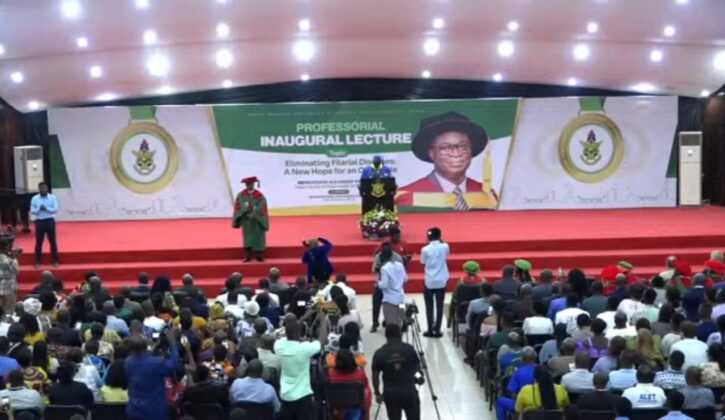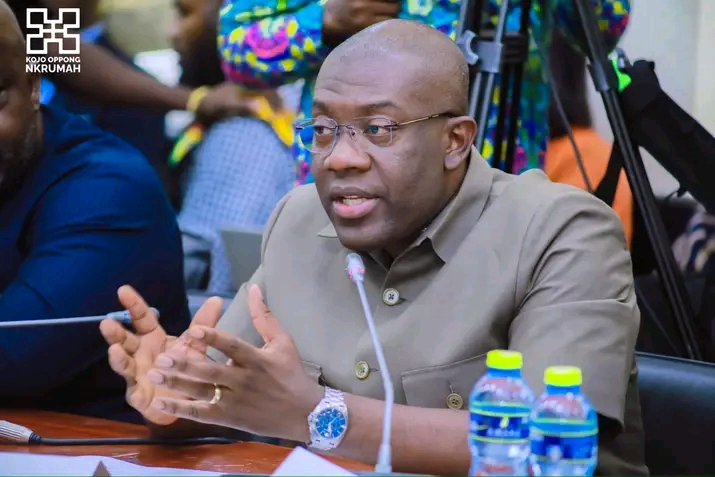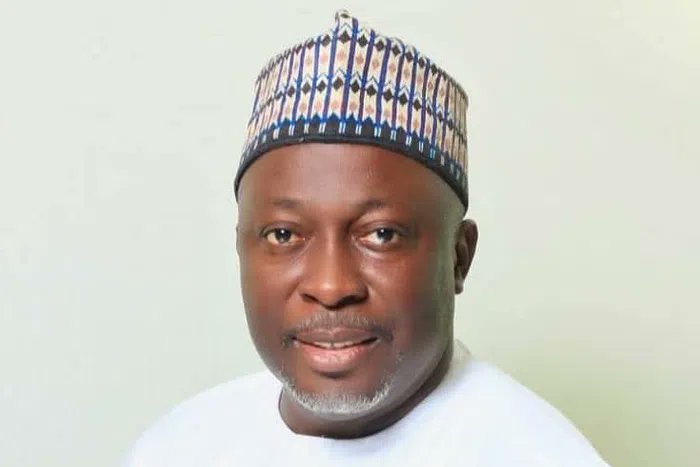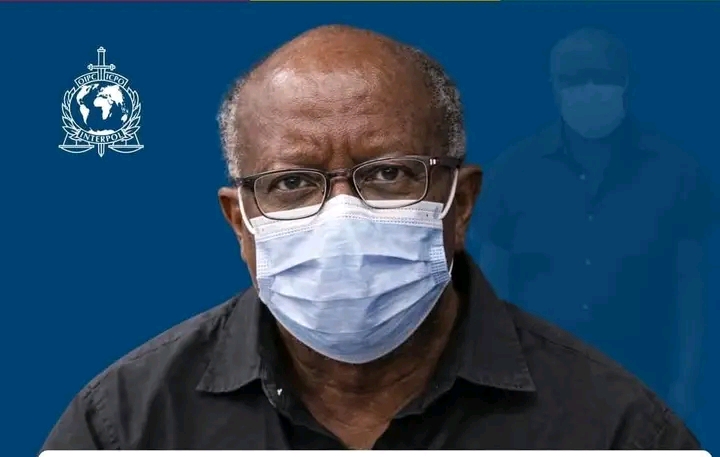By: Kekeli K. Blamey
Professor Alexander Yaw Debrah, a distinguished parasitologist at Kwame Nkrumah University of Science and Technology (KNUST), has urged the government to make the control and treatment of Neglected Tropical Diseases (NTDs) a priority in Ghana’s National Health Policy. Despite notable progress in eradicating Lymphatic Filariasis (elephantiasis) in many districts, NTDs continue to plague the country’s poorest communities.
During his Professorial Inaugural Lecture titled “Eliminating Filarial Diseases: A New Hope for an Old Battle,” Prof. Debrah highlighted several key recommendations: incorporating elephantiasis management into the National Health Insurance Scheme, securing adequate funding for NTD control programs, regularly evaluating the effectiveness of these programs, fostering partnerships between policymakers, researchers, and academic institutions, and enhancing international cooperation and financial support for NTD initiatives.
He underscored the importance of raising awareness about NTDs, including their prevention and treatment, to encourage community involvement in managing and controlling these diseases. Prof. Debrah emphasized that a collective effort is essential to overcome challenges and ultimately eliminate NTDs.

NTDs are closely linked to several Sustainable Development Goals (SDGs), including poverty alleviation, women’s empowerment, and Universal Health Coverage (UHC). Prof. Debrah pointed out that addressing NTDs is crucial to achieving UHC, as these diseases predominantly affect the world’s most impoverished populations.
Furthermore, Prof. Debrah suggested that including elephantiasis patients in the Livelihood Empowerment Against Poverty (LEAP) program could enhance their quality of life. He emphasized that eradicating NTDs would significantly contribute to achieving SDG 3, ensuring equitable access to quality healthcare for all.







